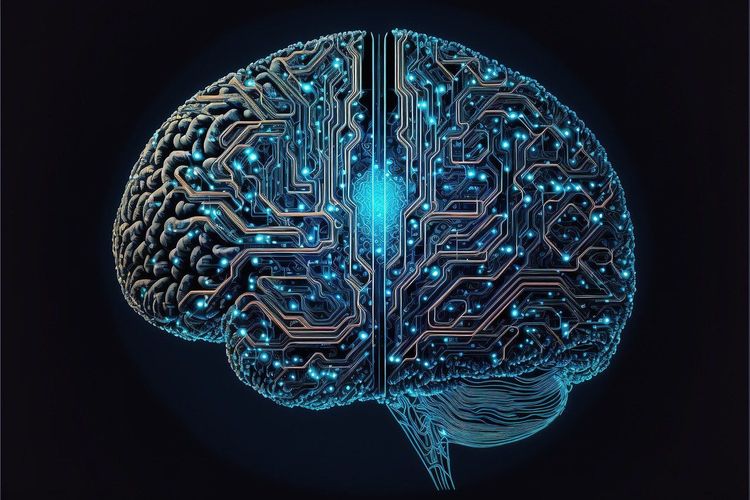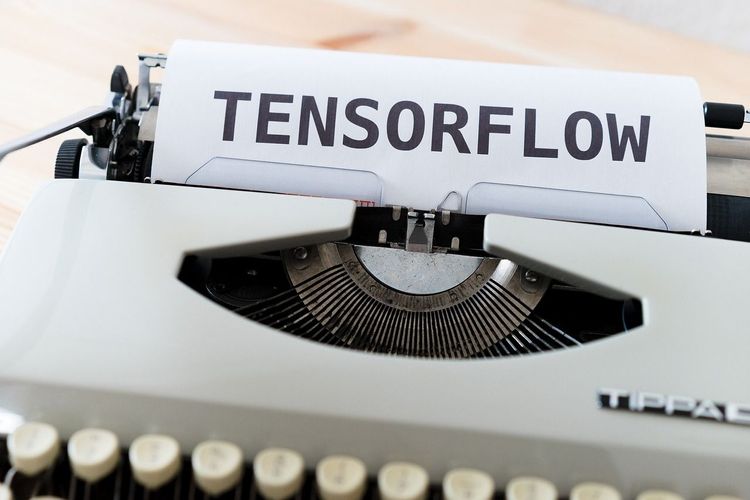The exhibition, themed "Innovating for the Future: Connecting Value," brought together a multitude of prominent companies in the artificial intelligence sector, including Huawei, Baidu, Ping An, Mindray, Lenovo, China Unicom, SenseTime, Hanwang Technology, Yunzhi Voice, Yujian Robotics, Yixing Network, and Zhonghao Xinying. The event showcased the latest technologies, products, and solutions in AI, ranging from humanoid robots and chess-playing robots to autonomous driving and intelligent automation. These innovations spanned various fields, including smart manufacturing and intelligent healthcare.
According to reports from the exhibition, Shenzhen has emerged as a leader in artificial intelligence development in China. With over 2,200 AI companies and a market size exceeding 300 billion, Shenzhen comprises an impressive ecosystem featuring industry giants like Huawei and Tencent, high-growth companies such as Yuntian Lifei and Yuanxiang Technology, and numerous startups. The city is rapidly advancing in technology areas like AI chips, large models, and software platforms.
The event was jointly guided by the Shenzhen Municipal Bureau of Industry and Information Technology, the Shenzhen Development and Reform Commission, the Shenzhen Bureau of Science and Technology Innovation, the Shenzhen Municipal Bureau of Government Services and Data Management, and the Shenzhen Small and Medium-sized Enterprises Service Bureau. It was organized by the Shenzhen Artificial Intelligence Industry Association and Shenzhen Wanbo Exhibition Co., Ltd. This exhibition served as an important platform for technical exchanges and deepening industry cooperation, fostering an ecosystem driven by supply-demand connections and real-world applications.
To enhance the integration of AI across various industries and promote high-quality development in Shenzhen’s AI sector, the exhibition also featured over 30 concurrent events, including the 2024 Global Bay Area Technology Innovation Development Forum, the Intelligent Robotics Innovation Development Forum, and the Medical-Engineering Integration Conference. Notable experts, scholars, and entrepreneurs participated in forums to share cutting-edge concepts and innovative approaches in the AI field, exploring the vast potential of AI across multiple industries.
Additionally, the organizing committee collaborated with entities like Deep i Enterprise and the Shenzhen Industrial Exhibition Center to create a dedicated space for dialogue. This "industry lounge" invited leading figures, executives, and academic experts to engage in in-depth discussions on AI technology advancements, industry trends, and policy direction. Furthermore, partnerships with 12 AI companies in Longgang facilitated a matchmaking event to enhance the practical applications of AI technology and drive industry upgrades.







